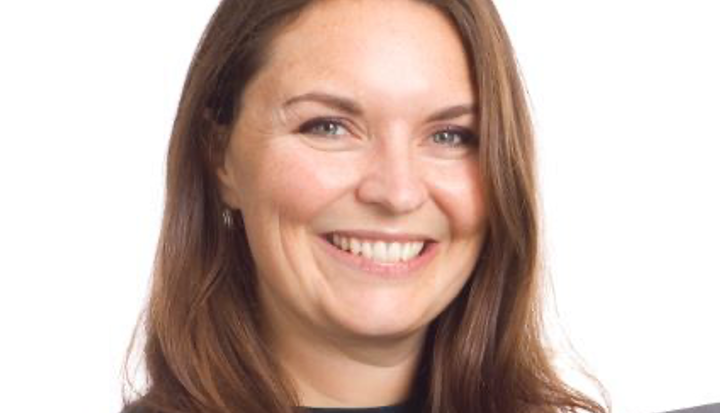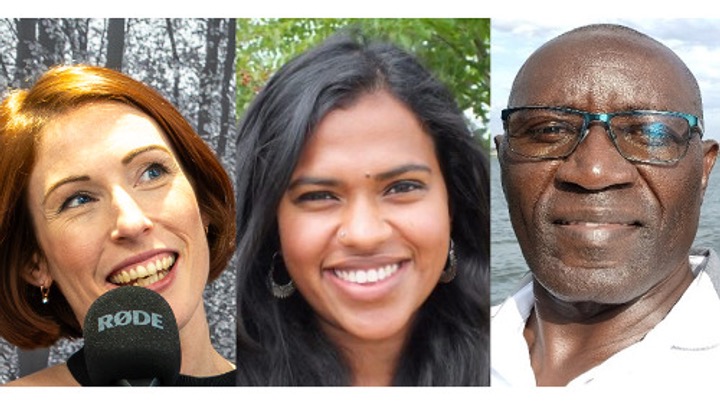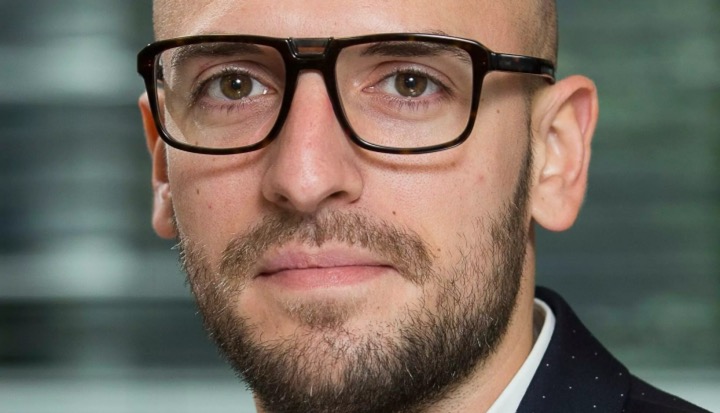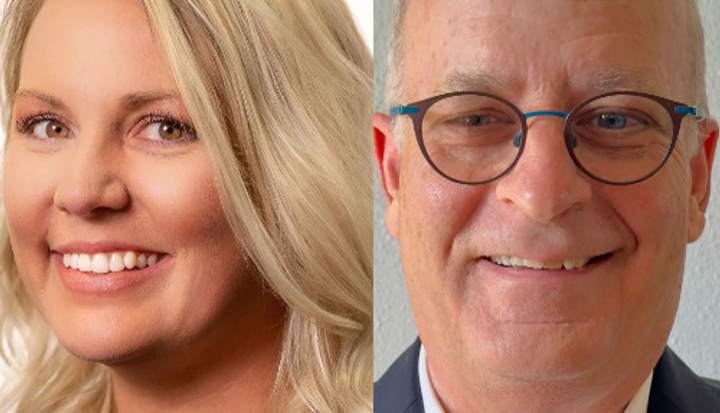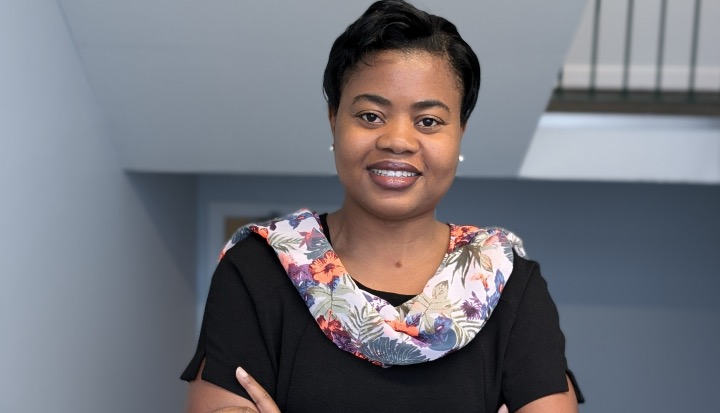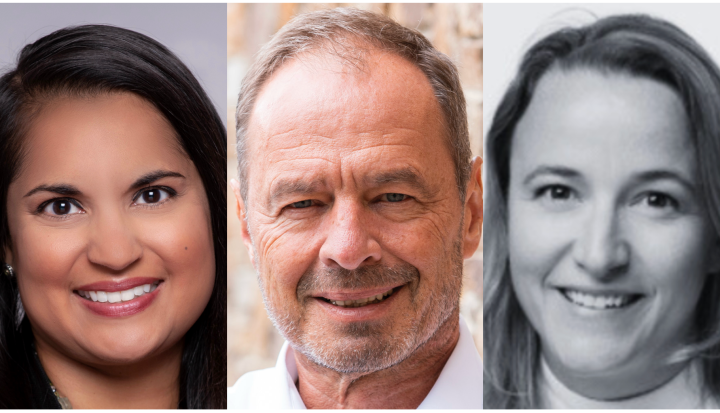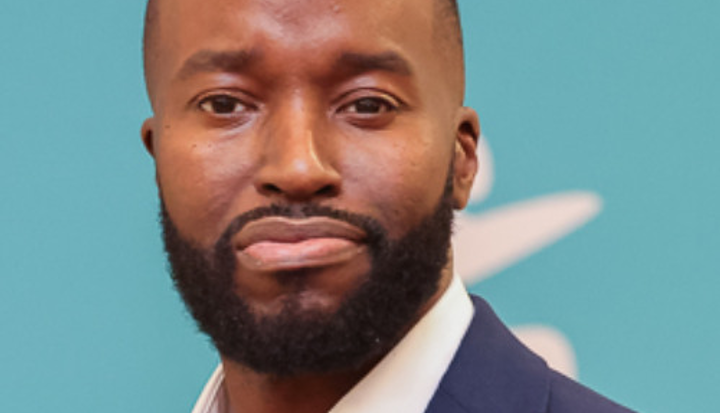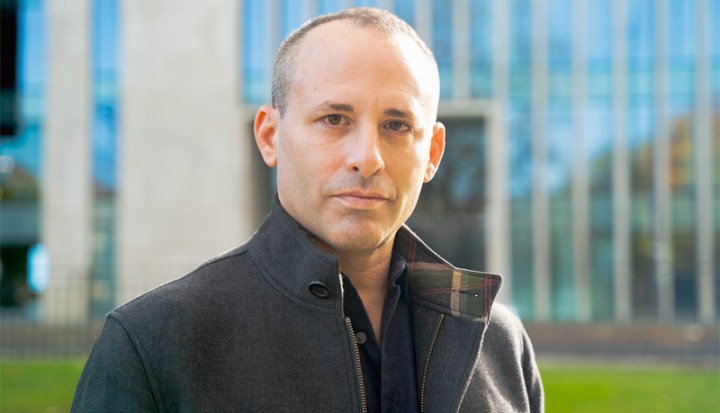BFP: What do you do?
EK: I work as coordinator for cooperation with the private sector in Africa within GIZ, the German development agency. At GIZ, we believe that collaboration between the public and private sector and civil society is a precondition for achieving political stability, economic growth and sustainable development. We therefore offer support and advisory services to build the capacity of public and private institutions as well as civil society in Africa to strengthen their collaboration.
In Tanzania for example we support the Ministry of Health in their policy and strategy on public-private partnerships (PPPs) and in the set up of a PPP-unit. Another example is our support to the SADC secretariat in their effort to give policy guidance and regulations on PPPs for their member states.
GIZ also engages in concrete development partnerships with companies. Right now, we have over 70 ongoing development partnerships in Africa. These vary both in size and sector. For example, we collaborate with Sasol and a municipality in South Africa to decrease water leakages; together with Shell in Gabon we strengthen capacity of local stakeholders to implement a regional development strategy; and in Kenya we support business associations in their fight against corruption.
BFP: What is the best part about your job?
EK: The tasks are so diverse! Today I sit down with managers from a multinational company seeking advice on how to sustain their operations in a region with political unrest and social uproar. Tomorrow I discuss with my colleagues in-country on how to explore in a bilateral program on government decentralization the potential role of the private sector in service delivery at municipal level. I contribute to technical concepts and policy papers for our Ministry for Economic Cooperation and Development and assist my team in the acquisition of concrete partnerships with the private sector in Africa. The work of GIZ itself in Africa is so diverse, and in all aspects of GIZ’s work there is scope to explore in more detail how to strengthen the collaboration between state, private sector and civil society towards more sustainable development. It never gets boring!
BFP: What has been your greatest challenge?
EK: The role of the private sector in Africa hasn’t been and isn’t always positive. There are so many unfortunate experiences with the social, environmental and governance performance of companies. Human rights and labour rights violations, child work and slavery, outrageous environmental pollution, corruption and a total lack of social concern – we see it out there every day. Establishing the concept of corporate citizenship within business and politics in Africa requires urgent attention, great effort and endurance. It is imperative, if we want to preach the mantra of more cross-sector collaboration and partnerships for sustainable development, that decision makers within companies change their attitude towards a more responsible business agenda.
BFP: How have you overcome these challenges? What has been the secret of your success?
EK: There are great leaders and managers out there who work hard on that responsibility agenda. We have the possibility to help them to establish and manage responsible business fora – we have been supporting CSR fora throughout Africa for the last 8 years. To see how individuals personally engage in these fora to contribute towards more corporate responsibility is highly motivating. Thus the role GIZ plays is one of a capacity builder: we don’t take ownership, we don’t need to be in the front line, but we are a long-term partner for change agents in Africa.
Through the programs from our Ministry for Economic Cooperation and Development, but also from other donors and clients, GIZ is in a good position to be flexible and to be able to act fast. We can engage in concrete development partnerships with companies with little bureaucratic procedures; we can play a mediator role and convene public private policy dialogues between government, private sector and civil society; we can assist in the design of regulatory frameworks for cooperation between the societal actors etc. The mix of our services makes it possible to really offer the right portfolio for each situation on the ground. My role therefore is to understand the potential, to transfer the private sector expectations into a development language that makes sense for public authorities and development agencies; and to mobilize exactly that right mix of services in order to turn ideas and energy into real action and impact.
The secret to my success might be a combination of working for a great organization, having experience of working and living in Africa, continuously building a strong network of change agents within the private sector in Africa, and giving others the lead and the credit if things go well while taking personally the blame if things go wrong.
BFP: If someone wants to do what you do, where should they start?
EK: Personally engage! It is not important which diplomas and degrees one carries, it is important which personal commitment one brings along. This is what qualifies individuals to work in the development arena or to take leadership within the private sector as a responsible business change agent.
BFP: Finally: what do you hope to get out of being part of this community?
EK: I would like to learn more about other initiatives and to get to know people who engage, who are making a difference. I would like to understand how and whether this network could be linked to some of the work of GIZ and whether there is potential for collaboration. So I’d be more than happy to hear from members of the community who are working in Africa on development partnerships or CSR.
* * * *
GIZ has set up a web site, Cooperation with the Private Sector in Africa which captures, amongst other things, new partnership projects, capacity development concepts, CSR-Networks, initiatives for fighting corruption, and regulation efforts through regional economic commissions. There is also a newsletter which keeps you informed on a regular basis.
Thank you to Ellen for taking the time to do this interview.
We’re always looking out for members to feature. Help us by taking two-minutes to update your profile, or by nominating someone for Business Fights Poverty Member of the Week.
Read previous Member of the Week interviews here.

